As I said, I'm currently working in a project which needs to persist data somehow, but isn't needed to do it permanently, I mean, I don't want to create a SQL DB or something like this. So I thought to do it using a Local Database (Entity Data Model) empty and I create a few entities working as tables as I'll show you:

I had declared the marked variables as Guid type. The fact is that I worked just a few times using Guid's and I'm not sure if I understand very well for what purpose are they but it looks like it would fit as an Id for an object. Looking at the definition from Microsoft says that "Such an identifier has a very low probability of being duplicated." and accordance with this it would be enough for me this time. I prefer to use this object that create my own Id as an int value, and being forced to increasing it every time I need to insert a new row.
did you had to face a problem like this? (sorry for my english)